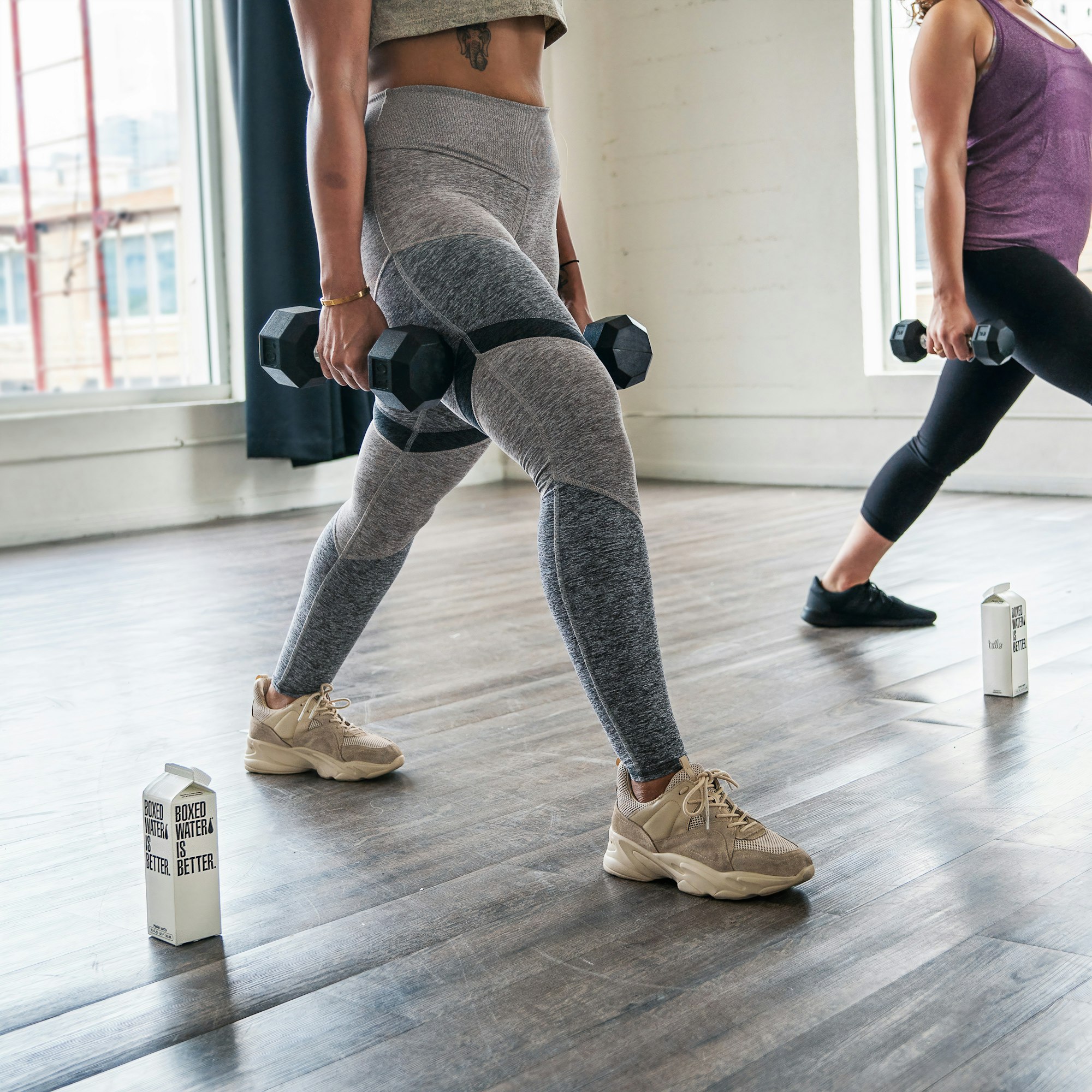
Are you ready for the one single thing you can't stop? Here are some ideas on how to prepare for when you're down.
You and I will go down at some point, either on the way to being old/er, or when you are old. "Old" being relative, these days, but that's another article.
You may never injure, but you will age, if you're fortunate. In aging, depending on how you prepare, that alone could bring you down fast. Or, if you do take preparation seriously, being down is just a blip in life before the waters finally do take you home.
The blip part is what I'm addressing. When I go down from injury, they are blips in between the adventures. Sometimes they're bad ones, but they are still blips.
I want your down time to be just blips, so that you can get back to life in full. My badass male and female friends are the same. I am sharing some of our stories so that you can see what this looks like in practice.
Let's set the stage. This stage is my house right now:
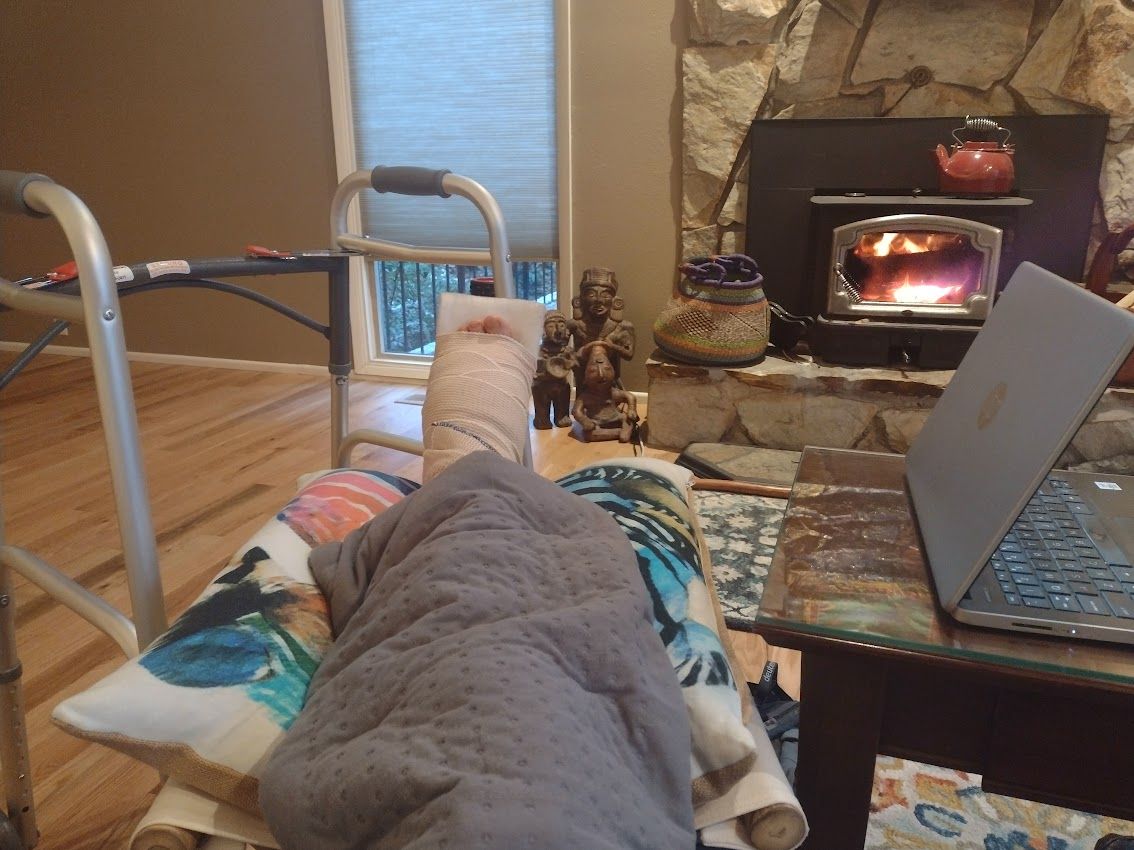
I just had foot surgery last Wednesday. Before that I smashed my left knee, same leg, leaving me with a fracture and other bone damage while on a seriously wonderful adventure in Chile. I came home on crutches, and had to put the walker to work a lot earlier. But there's this:
Not only do I have a fractured kneecap and some busted bones, that's the same leg that I have to press onto a scooter as I recover from foot surgery. Also, I just had hand surgery in July, so pressing my left hand onto the crutch or walker can be painful after a while. You can see some of the challenges.
But this is par for the course in my life.
I had already practiced using the walker and the scooter around the house, including getting up and down off the couch, out of the tub. Best preparation: I practiced taking both the walker and the scooter (not at the same time) up and down the stairs while I scooted on my butt. Why?
Because I have to drive myself around when nobody is available, and I have to be able to get the walker/scooter down to the garage, into and out of the car, by myself. So I practiced.
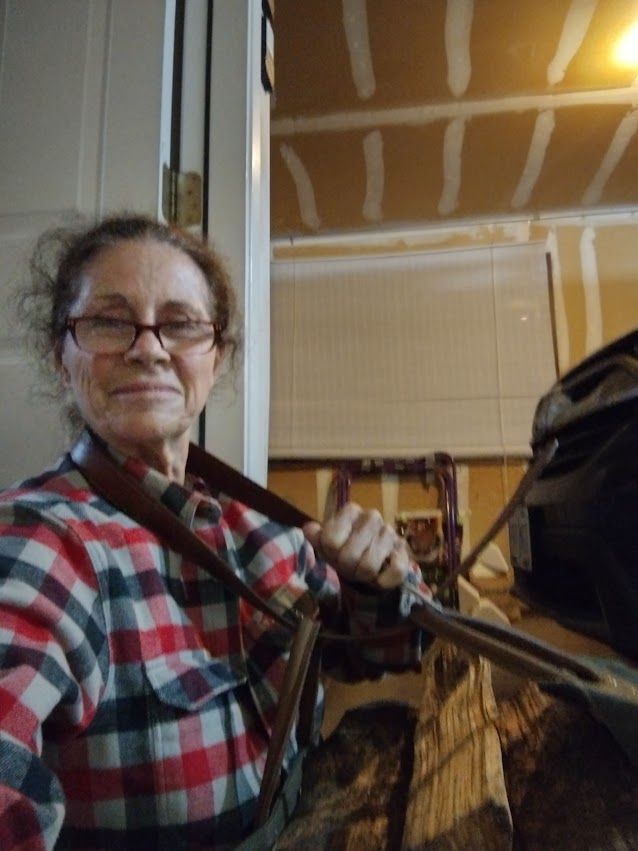
I also have to schlep wood from the basement to the fireplace. One legged, too. I practiced that as well. Today I successfully brought about forty pounds of wood from the basement with the wood carrier belted around my neck. Didn't spill a splinter and it worked perfectly. Tiring, but successful.
Chris, my buddy who just had a knee replacement, told me that she prepared this way:
For me, I think the key to my total knee replacement was doing lots of quad, hamstring and leg strengthening prior to surgery. Going into it strong really helped me in rehab as my PT said I was two weeks ahead of the stats on typical recovery. I never used crutches, as the doc wants you using that leg right after surgery, so I had a walker then a cane and now hiking a wee bit at Pisgah with my hiking poles. (author bolded)
On July 18th I had the first of two hand surgeries. During recovery and while still in a cast I went to Colombia, rode horses and hiked. Then I went to Thailand and massaged tigers and cheetahs and elephants and more. By the time I got home the cast was off and my hand was already stronger. My surgeon told me that I was two months ahead of what should be expected.
Of course it hurt. Such things are painful, and PT is as well. The way I did it was to distract myself from the pain by heading out and doing what I loved. Along the way I healed, fast. Chris is too.
Chris and I are both in our mid- to-late sixties. There is no reason you can't do the same kind of preparation and recovery.
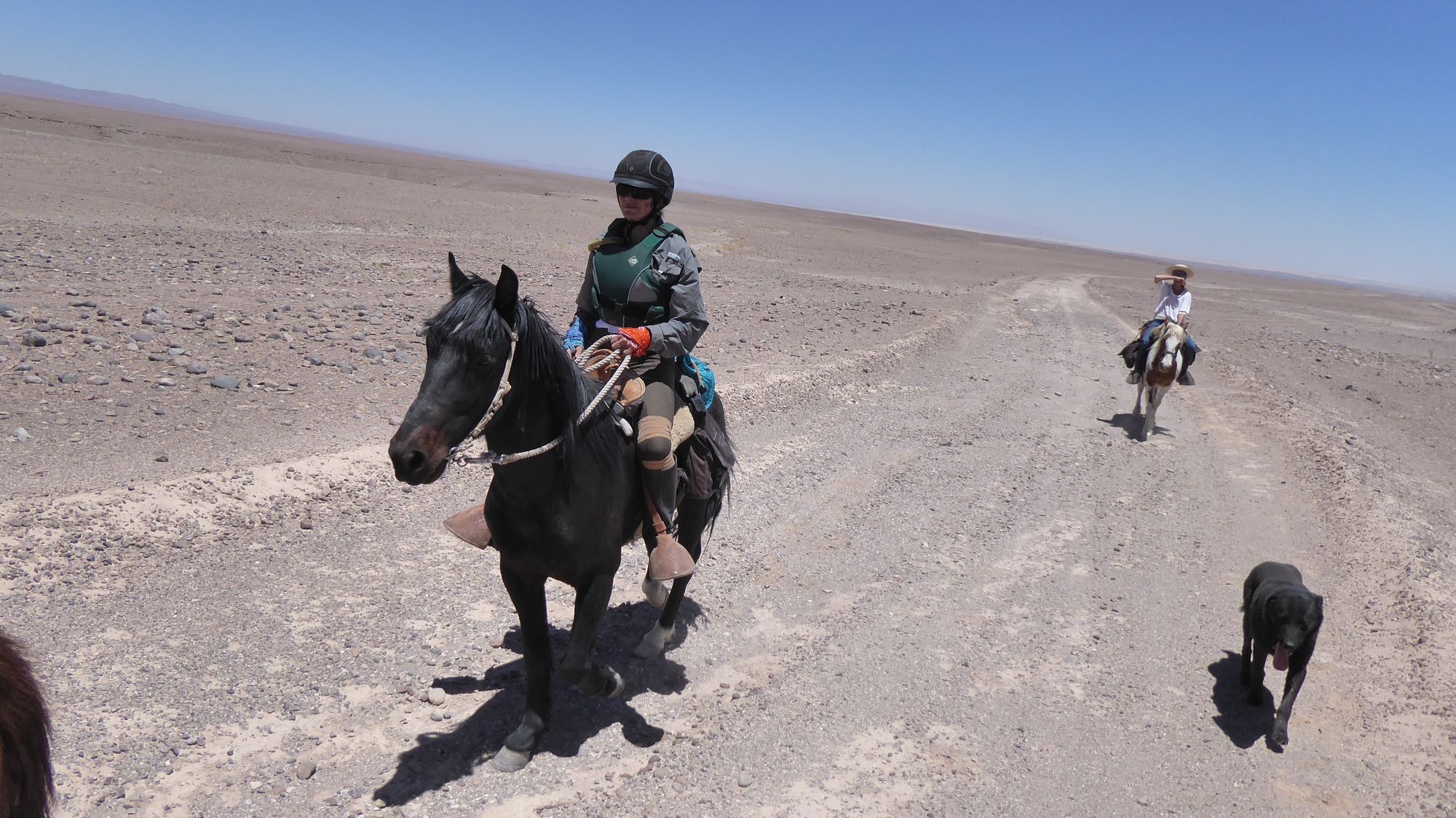
Most of my best adventures and worst injuries happened after sixty. For many of us, we end up injured or get surgery because of arthritis or wear and tear or just life. Or like my buddy Melissa, who just had shoulder surgery, a car accident. She's 65, and after that painful surgery she is already back to giving massages.
As all three of us know, using the limb in real life is part of PT. We are communicating to the body that we expect it to perform. It does, too. Not without complaint, but it works. That said we don't push our luck and end up derailing the healing process, either.
So there's a little expertise here about both aging and managing blips, because of two things in my case:
- I want to get back to my adventures as fast as I can. Why? Simple. I'm almost seventy, and I don't have decades ahead of me. There is no guarantee, so I have to work with what I have at any given time. That means taking my health and recovery as seriously as they deserve.
- I'm clumsy as a drunken donkey, so I have plenty of injuries. Given the extreme sports I've done and continue to do, along with fifty years of body building, there's a lot of wear and tear on this body. That now requires wheels up in the shop if I want to continue to adventure at a high level. So far I've had three rotator cuff surgeries, my left hand repaired and now my left foot. Two more are scheduled in 2023. In the meantime I kept right on doing adventures while recovering from surgery, and while doing physical therapy from previous surgeries (two rotator cuff surgeries this past year).
Like me, Chris has adventures ahead. The better we care for ourselves before we undergo a procedure, the faster she and I are back on the mountain, the horse, whatever. Melissa loves body work, so the faster she gets her arm stronger the sooner she is back to work on the massage table.

The one thing you and I need the most is the kind of strength, balance and determination that we must have to get around the house, in and out of the tub or shower, up off the floor onto a walker or scooter or crutches. If you don't have such strength, your ability to be any kind of independent at ANY age is compromised.
Can we please talk?
We honestly have no clue how much we take our limbs for granted until such time as one or more of them are down. Or worse, we lose them.
For too many of us at any age, we behave as though such infirmities won't happen to us. For those of us who aren't athletes in one way or another, we can allow ourselves to get terribly out of shape via sedentary habits and ultra-processed food. All the extra weight we put on is weight we have to manage later with a leg or arm down, or worse.
For that latter category, young or middle-aged or aged, having a serious accident, a surgery or any kind of infirmity which seriously limits our mobility can be a real problem, especially if we live alone and don't have a support system.
Being down has taught me an awful lot about how to prepare not only for surgical/injury recovery but also for aging in general.
Recovery begins with planning, exercise and the proper equipment. Injuries just happen, so assume that part of preparation is being fit in the first place. Too many of us aren't, which makes the doctors' and physical therapists' jobs a lot harder for them and for us as health partners.
So first, work on getting more fit. That's your baseline, no matter what. Then, when something happens, you're well-prepared. Your first step:
Pre-Planning
Having a surgery? Your house might be a trap for all kinds of accidents.
In an ideal world, have an occupational therapist come to your house and look it over for potential problems, dangers and accidents. They can tell you where and how to install bars to help you get up from the toilet, secure yourself in the bath or the shower, and a whole lot more. They can also help you set up a recovery area. For me this is my couch, and a table with all I need in easy reach.
Here's a good primer:

If you can't afford an OT or PT, please do your research. There's plenty of information on the internet on how to set up your home to be safe for your recovery, minimize accident risks and ensure that your recovery goes well.
Long before you get any kind of surgery, and preferably because you're committed to overall health, commit to strength training.
Pre-Plan for Support
Above all, plan to need support and help. This "I don't need anybody" bullshit is just that: bullshit. I have worked hard to create connections here in my new town even under Covid, and it's paid off.
To wit:
Julie, my neighbor across the street, picks up my mail and is on call for any emergencies. For the last year I've delivered fresh sourdough bread to her from a small bakery on the coast. She can't leave the house much because her husband is in hospice, so that small gesture is a big deal. I invested in my neighbor and she is now happy to help if I need it. She's a nurse, so that help is particularly useful. I'm also here to help her if necessary when I have all my bits and pieces working.
Support is earned.
We need to move from "fierce independence" to "fierce interdependence."
We completely misunderstand what independence really means. By allowing ourselves to be lovingly supported we can maintain our independence. Without that love and support, we derail ourselves. This is a hard lesson for all of us and my hand is WAY up here. I've learned it, finally, and I am relaxing in the comfort of those who have shown up for me.
We can only be independent when we depend on others. Not an oxymoron. We are morons to believe we don't need each other.
Strength Training
Upper body, the ability to push up and pull up. Leg strength, the ability to push off and up with those big thigh muscles. Above all, core strength. All of this will come into use during recovery, depending on what body part is recovering. Before you have surgery on a given part, TRAIN HARD. Take the strongest possible body into surgery.
The body remembers its strength. When you start PT to get it back, it responds.
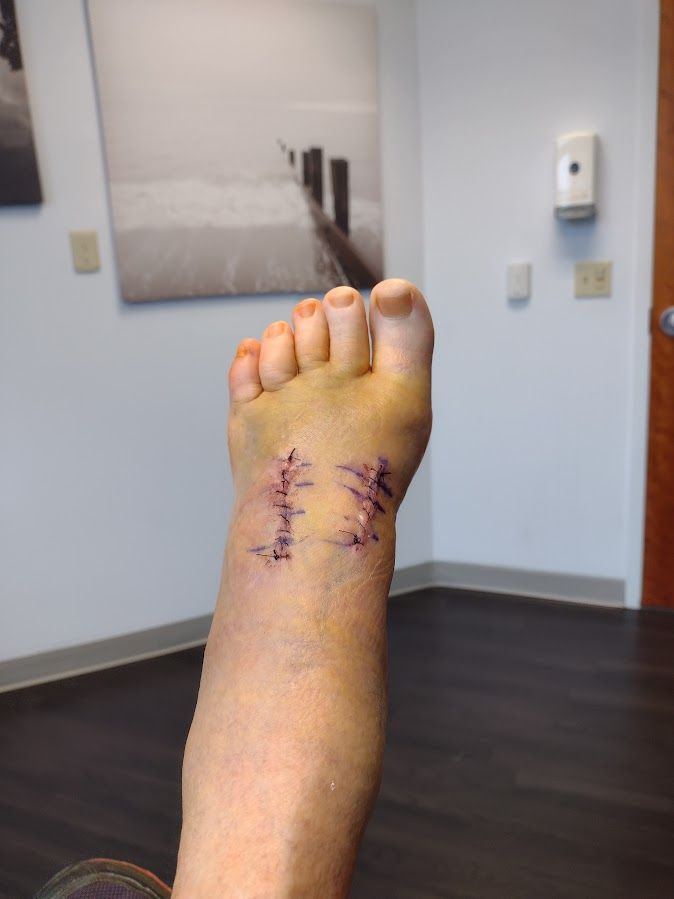
Practice
Before you're down, use the equipment as it's designed. Isolate the body part that will be down so that you get real experience. Use your equipment: walker, scooter, crutches, whatever, around the house so that you understand how they work and where potential problems may show up.
Saga supporter NancyL writes:
As for the hand surgery: I had good success with about a month of practice with a mouse using my left hand (needed a mouse for precise work) and using the Dragon Naturally Speaking voice-to-text software. I couldn't use my dominant hand or arm for about 8 weeks (supraspinatus + upper biceps tendon repairs) and had to work within a week of surgery, so I did as much prep as I could in advance. Just keyboard and brain work, and from home, so not especially rough. The prep paid off...
It's obvious to those who are natural planners. It's not obvious if you've never been down. We have no clue how hard it really can be when we are suddenly on our own and we can't put pressure on a leg for six weeks. Or use a hand, or a hip gets replaced.
Prepping this way is an act of love and respect for yourself. Building community and allowing them to help you is an act of love and respect for others.
That's how we get well fast, and are back after just a blip in life.

With heartfelt thanks to Chris, Melissa and Nancy for their comments and inspiration.
***
Dear Walkabout Saga Reader:
If my work appeals to you, may I kindly invite you to consider joining those Patreon supporters whose generosity keeps the gas in my tank as it were. There are many more of you reading, which I appreciate very much. However as with National Public Radio, many more read without supporting, and I am asking you to consider offering the cost of a coffee to help me do more than just keep the lights on. That said, if you find value in my writing, and are so inclined, I'd be grateful for what support you can give. If you know others who could benefit from what I produce here, please let them know.
My purpose is to Move People's Lives. I can do more of that with your help.
Thank you.
You can explore that option here.
However you decide to partake of my writing, again, thank you.

Comments powered by Talkyard.